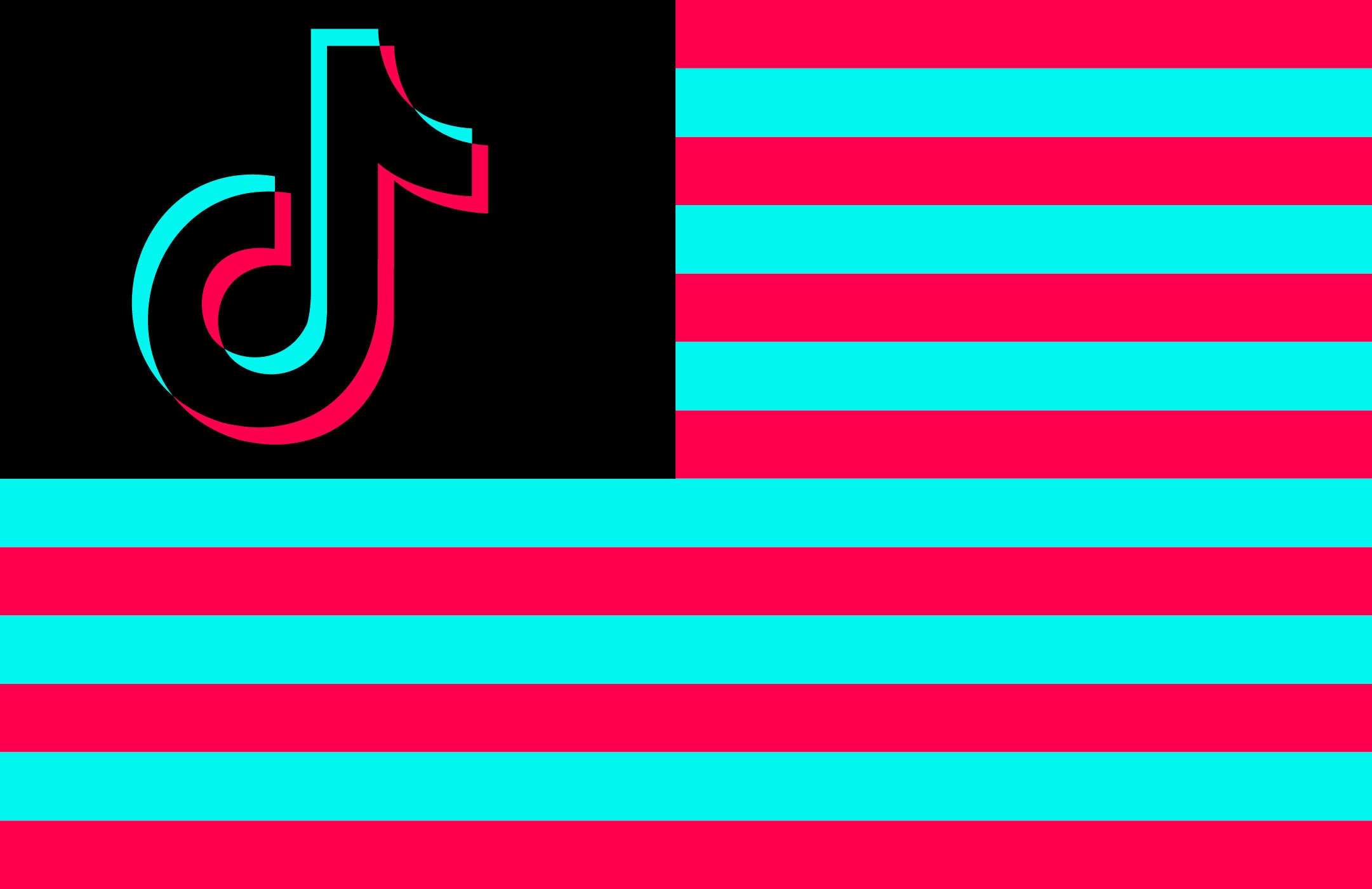On August 17, 2022, TikTok rolled out its midterms Election Center, available to users in over 40 languages across America for the country’s November midterm elections. The Center provides the app’s users with information on how to register to vote and where to vote on a state-by-state basis. The social media giant has also partnered with voting assistance programs, including the Center for Democracy in Deaf America and the Campus Group Project, which targets certain communities with information relevant to them.
Social media need to roll out clear and effective ways for people to access electoral information. More and more people in America get their news via social media platforms—70% as of 2021, in fact. Therefore, clear access to information on eligibility and ways to vote on these platforms is key to democratic processes.
TikTok addressing the misinformation elephant in the room
TikTok will also launch an educational program for its content creators so that they better understand the rules surrounding election content and regarding misinformation.
The US is no stranger to misinformation and conspiracy theories. January 6, 2020, proved as much when thousands of people stormed the Capital on the back of a disinformation campaign claiming that the presidential electoral victory had been stolen from Donald Trump. Of course, conspiracy theories and misinformation pre-date the invention of social media. However, there is no denying that social media’s reach means that once a conspiracy takes a foothold on a platform, it spreads like wildfire.
However, beyond making content creators aware of the issue, the social media platform has done little else to combat the problem, beyond the guidelines it already has in place. The social media app claims it will remove content that misleads voters or harasses election workers.
What can social media do to combat the issue of misinformation?
Instead of playing whack-a-mole, retroactively banning harmful content, social media needs to take a more proactive approach to combat the issue. However, this is easier said than done. With the speed at which people post on these platforms—millions of new posts each minute—it is nearly impossible to fully stop the spread of misinformation.

US Tariffs are shifting - will you react or anticipate?
Don’t let policy changes catch you off guard. Stay proactive with real-time data and expert analysis.
By GlobalDataAccording to National Geographic, one of the main reasons that conspiracies are so attractive is that they offer a casual explanation for otherwise complex or random events. This is especially pertinent in these more chaotic times, which are laced with highly contentious issues like the pandemic, growing economic issues, and mass demonstrations against injustices.
Sander van der Liden, Professor of Social Psychology at the University of Cambridge, claims that these theories “help restore a sense of control and agency”, and claims that these theories offer a sense of closure in an increasingly complex and divisive political climate.
It should be celebrated that TikTok is focusing on promoting information campaigns in the US to assist in the democratic process. However, it must do more to disentangle its own campaign from those of content users who wish to spread misinformation and influence election results.








